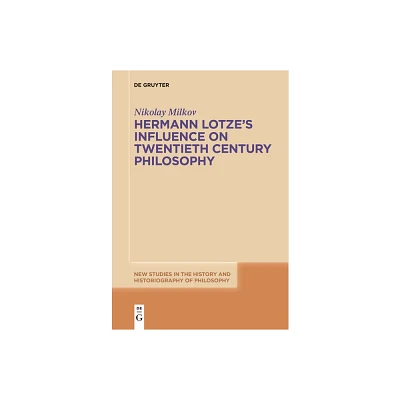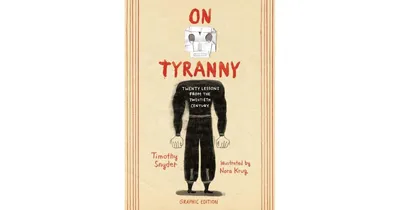Home
Historiography in the Twentieth Century: From Scientific Objectivity to the Postmodern Challenge / Edition 2
Loading Inventory...
Barnes and Noble
Historiography in the Twentieth Century: From Scientific Objectivity to the Postmodern Challenge / Edition 2
Current price: $99.99


Barnes and Noble
Historiography in the Twentieth Century: From Scientific Objectivity to the Postmodern Challenge / Edition 2
Current price: $99.99
Loading Inventory...
Size: OS
*Product Information may vary - to confirm product availability, pricing, and additional information please contact Barnes and Noble
A broad perspective on historical thought and writing, with a new epilogue.
In this book, now published in 10 languages, a preeminent intellectual historian examines the profound changes in ideas about the nature of history and historiography. Georg G. Iggers traces the basic assumptions upon which historical research and writing have been based, and describes how the newly emerging social sciences transformed historiography following World War II. The discipline's greatest challenge may have come in the last two decades, when postmodern ideas forced a reevaluation of the relationship of historians to their subject and questioned the very possibility of objective history. Iggers sees the contemporary discipline as a hybrid, moving away from a classical, macrohistorical approach toward microhistory, cultural history, and the history of everyday life. The new epilogue, by the author, examines the movement away from postmodernism towards new social science approaches that give greater attention to cultural factors and to the problems of globalization.
In this book, now published in 10 languages, a preeminent intellectual historian examines the profound changes in ideas about the nature of history and historiography. Georg G. Iggers traces the basic assumptions upon which historical research and writing have been based, and describes how the newly emerging social sciences transformed historiography following World War II. The discipline's greatest challenge may have come in the last two decades, when postmodern ideas forced a reevaluation of the relationship of historians to their subject and questioned the very possibility of objective history. Iggers sees the contemporary discipline as a hybrid, moving away from a classical, macrohistorical approach toward microhistory, cultural history, and the history of everyday life. The new epilogue, by the author, examines the movement away from postmodernism towards new social science approaches that give greater attention to cultural factors and to the problems of globalization.


















